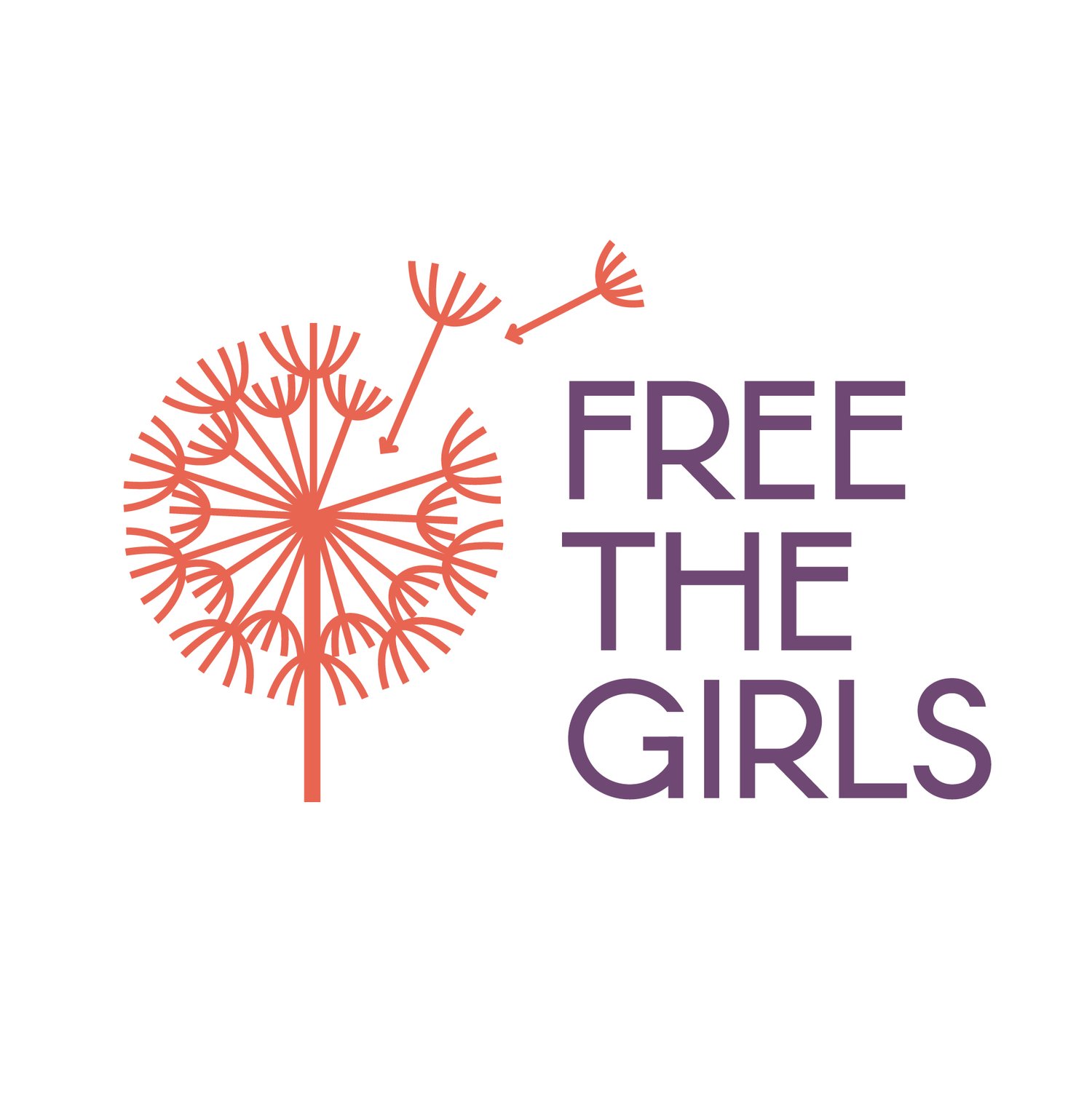Beyond Survival: The Unique Path of Free The Girls
In a world filled with countless anti-trafficking organizations each doing critical work, it's natural to question the need for one more. Yet, 14 years ago Free The Girls (FTG) embarked on a unique journey to address not just the immediate crisis of trafficking but the complex aftermath of survival and the path forward. As we've evolved alongside the counter-trafficking movement, learning and adapting, our focus has sharpened on a question that extends beyond ‘rescue’ and rehabilitation:
"What's next?"
When we think about the process of recovery, whether from a physical accident or the trauma of trafficking, the journey is complex and multifaceted.
Let’s consider the analogy of a severe accident. The person calls for help and first responders rush to the scene, helping remove the victim from the scene of the accident and providing immediate assistance to ensure their safety — this is akin to the ‘rescue’ or, as we prefer to call it, the ‘exit’ phase in counter-trafficking.
The next phase involves hospitalization, where the individual receives essential medical care, support, and perhaps, rehabilitation (like physical therapy). This stage mirrors the ‘rehabilitation’ or aftercare in our context, focusing on the survivor's immediate and ongoing needs following their trafficking.
But what happens after the hospital stay? The discharge marks a significant milestone, yet it's not the end of the journey. The individual may face ongoing physical, emotional, and practical challenges in their day-to-day life. They must navigate their recovery, adapt to new realities, and rebuild their life in a way that accommodates any lasting effects of the accident. They may require ongoing support, from physical accommodations to employment opportunities and mental health support. This phase is akin to ‘reintegration’ in the counter-trafficking sphere, where the focus shifts to empowering survivors to not just survive, but thrive.
Reintegration is where FTG's mission truly begins. We collaborate with partner organizations that have accomplished the incredible, necessary, hard work of guiding these women out of dangerous, exploitative situations. These partners provide essential support, including therapy, medical treatment, temporary shelter, and legal assistance. Our role is to build a bridge from the moment of 'discharge' to a future of empowerment and true freedom.
Through the generosity of our donors, we tailor our support to meet the unique needs of each woman we work with. While each woman is different, two nearly universal trends exist in what’s needed: dignified employment and social support. FTG’s initiatives range from providing training for starting a business to helping secure dignified employment, from financial literacy classes to community savings groups, from education support to legal assistance, and much more. Our goal is to empower these women to stand independently so that they never have to rely on an organization ever again to simply get by.
There are victims. There are survivors. And there are those who are thriving members of their community - resilient and breaking generational chains of poverty, exploitation, and oppression.
It's not just about breaking free from the past; it's about building a future that is defined by hope, dignity, and empowerment.
We are not the only ones doing this work. But there aren’t many focused solely on reintegration (or integration for the first time as it may be). Your understanding and commitment ensure that survivors around the world can continue to access services that empower them to move beyond survival to thriving.
Consider joining the Seed Collective, our community of justice-minded monthly supporters, and in doing so, invest in sustainable solutions for survivors of trafficking. Your commitment, even as little as $10 a month, can propel us toward creating long-lasting impacts for the women we serve. Join us in this mission, and be part of a movement that transforms lives and communities for the better.

